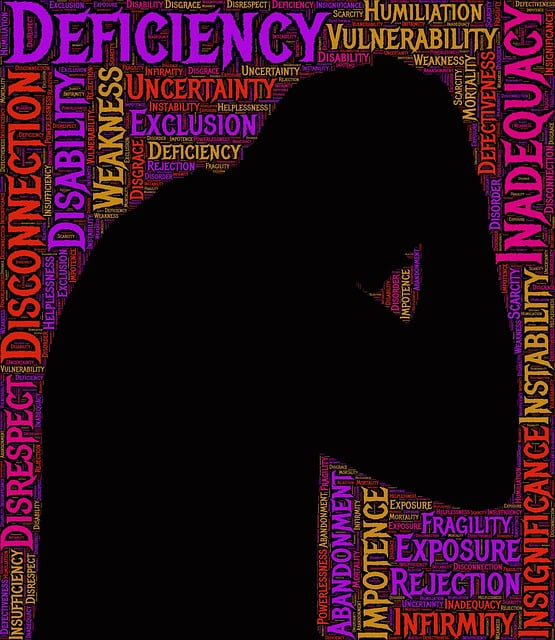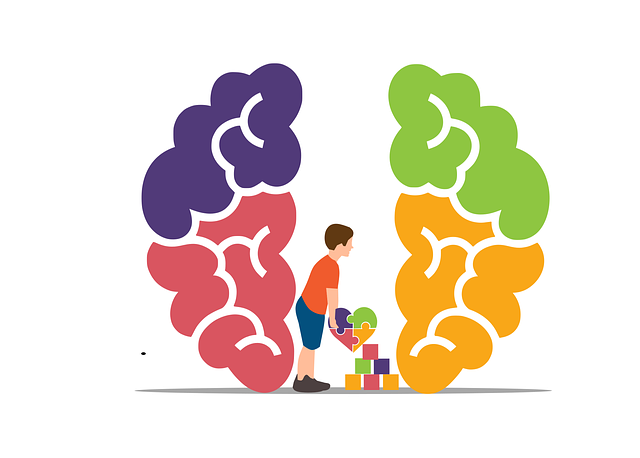Substance abuse among young adults is fueled by peer pressure, academic stress, and underlying mental health issues like anxiety. Effective risk reduction requires addressing anxiety through evidence-based therapy, such as cognitive-behavioral therapy (CBT) and mindfulness meditation. Tailored treatment plans that incorporate stress management techniques, trauma support, and lifestyle changes significantly reduce the risk of relapse. Peer support groups and therapy sessions provide safe spaces for connection and emotional intelligence development, fostering resilience and healthier relationships. Therapy for Young Adults Anxiety plays a pivotal role in managing stress, empowering individuals to make healthier choices, and achieving lasting recovery.
In today’s digital era, substance abuse among young adults poses significant risks. This article delves into comprehensive strategies for risk reduction, focusing on both prevention and treatment. We explore the profound impact of substance abuse on this vulnerable demographic and uncover common triggers, such as anxiety – a growing concern in modern society. By examining therapeutic approaches tailored to young adults, including cognitive-behavioral therapy (CBT) for anxiety, we provide insights into fostering resilience and promoting long-term recovery through effective support systems and lifestyle changes.
- Understanding Substance Abuse and Its Impact on Young Adults
- Identifying Underlying Causes: Anxiety as a Trigger
- Therapeutic Approaches for Effective Risk Reduction
- Support Systems and Lifestyle Changes for Long-Term Recovery
Understanding Substance Abuse and Its Impact on Young Adults

Substance abuse among young adults is a growing concern, as it can have severe and lasting effects on their physical and mental health, academic performance, and future prospects. Understanding the root causes and impact of this issue is crucial in developing effective risk reduction strategies. Many factors contribute to substance abuse initiation and persistence in adolescence and early adulthood, including peer pressure, stress from academic or personal life, and underlying mental health conditions such as anxiety or depression.
Young adults experiencing anxiety may turn to drugs or alcohol as a form of self-medication, hoping to alleviate their symptoms temporarily. This can exacerbate the problem by leading to dependence and further complications like addiction. However, therapy for young adults with anxiety offers hope through evidence-based practices such as mindfulness meditation and emotional regulation techniques. By addressing the underlying causes and teaching them healthier coping mechanisms, these therapeutic approaches can empower individuals to make better choices, reduce substance abuse risks, and foster a more positive outlook on life.
Identifying Underlying Causes: Anxiety as a Trigger

Many young adults struggling with substance abuse often have underlying mental health issues that require attention. Anxiety is a significant trigger for substance misuse, as it can lead to a cycle of self-medication. Identifying and addressing anxiety through therapy is a crucial step in risk reduction. Young adults experiencing anxiety may benefit from crisis intervention guidance, which offers immediate support and strategies to manage acute symptoms.
Therapy for young adults with anxiety can incorporate mindfulness meditation techniques to help individuals develop a stronger connection to the present moment and reduce reliance on substances for relief. Additionally, teaching mind over matter principles empowers them to reframe their thoughts and emotions, fostering resilience and healthier coping mechanisms.
Therapeutic Approaches for Effective Risk Reduction

For young adults struggling with substance abuse, therapeutic approaches play a pivotal role in risk reduction strategies. One effective method is cognitive-behavioral therapy (CBT), which helps individuals identify and change negative thought patterns and behaviors associated with substance misuse. By addressing underlying issues like anxiety or trauma through CBT, therapists can empower young adults to develop healthier coping mechanisms and make more positive choices regarding their mental health and well-being.
Risk management planning for mental health professionals is crucial in supporting these clients effectively. This involves creating personalized treatment plans that incorporate stress management techniques, such as mindfulness meditation and progressive muscle relaxation, alongside trauma support services if needed. By focusing on both the physical and psychological aspects of recovery, therapists can holistically address the root causes of substance abuse, fostering a more robust and sustainable path to long-term recovery.
Support Systems and Lifestyle Changes for Long-Term Recovery

Building strong support systems is a cornerstone for long-term recovery from substance abuse, especially for young adults grappling with anxiety. Peer support groups and therapy sessions provide safe spaces to connect with others facing similar challenges, fostering a sense of belonging and understanding. These platforms encourage open communication, where individuals can share their experiences, struggles, and coping strategies, thereby enhancing emotional intelligence and resilience. Therapy for young adults with anxiety plays a pivotal role in this process, offering tailored techniques for managing stress and anxiety relief.
Lifestyle changes are equally vital. Incorporating regular physical activity, healthy eating habits, and adequate sleep significantly reduces the risk of relapse by stabilizing mood and improving overall well-being. Additionally, learning effective communication strategies enables individuals to express their needs and boundaries, fostering healthier relationships that can serve as a reliable support network during recovery. Emotional intelligence, developed through therapy and personal growth, equips individuals to navigate challenging situations with composure, further strengthening their recovery journey.
Substance abuse among young adults can be effectively mitigated through a multi-faceted approach. By understanding the profound impact of substance misuse on this demographic and identifying triggers like anxiety, we can implement powerful risk reduction strategies. Therapeutic interventions tailored to young adults’ unique needs, coupled with supportive systems and lifestyle changes, offer a promising path to long-term recovery. Prioritizing mental health care, specifically focusing on therapy for young adults with anxiety, is crucial in breaking the cycle of substance abuse and fostering healthier, more resilient individuals.














